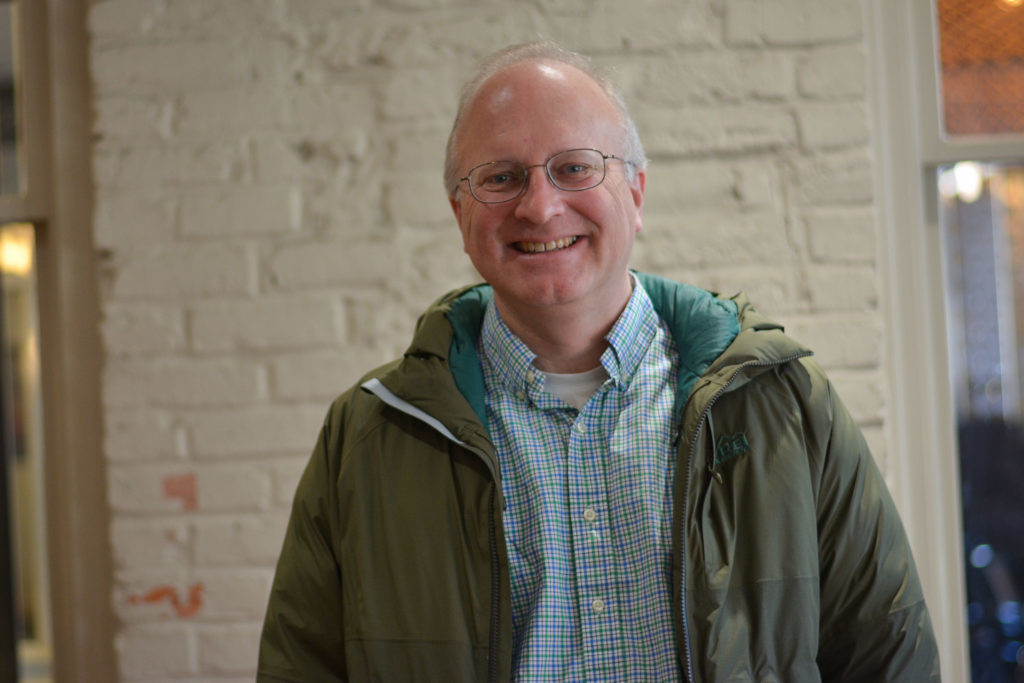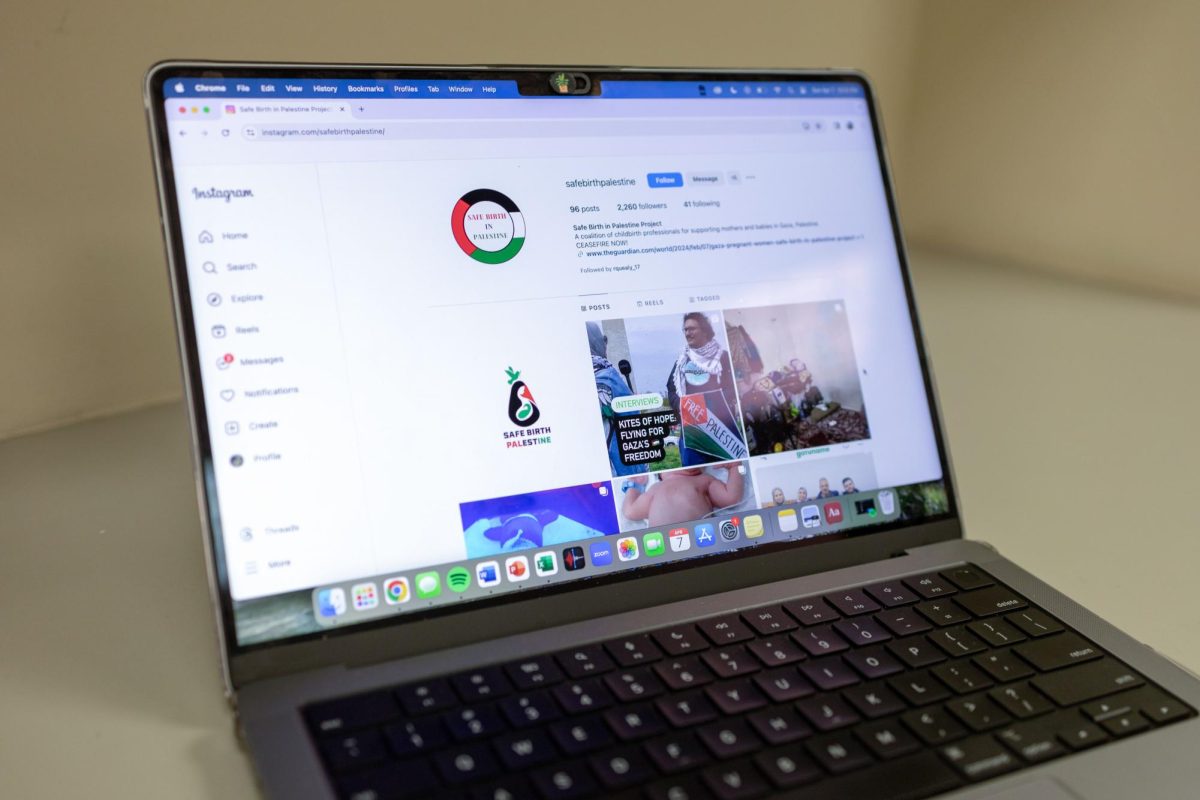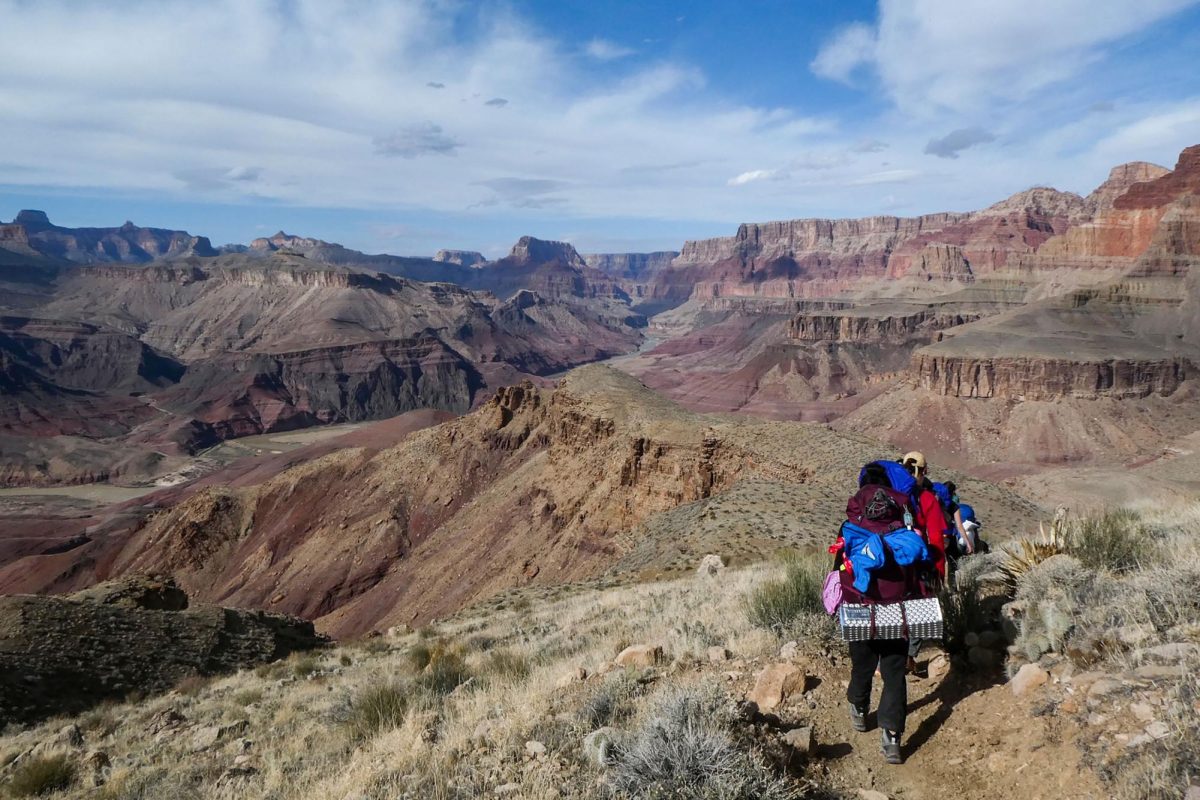A group of students and professors attended the annual United Nations Climate Summit in Glasgow, Scotland last week to observe key policy conversations and bring back information to GW about sustainability development and research.
The UN convened from Oct. 31 to Nov. 12 for the 26th annual conference, known as COP26, where the member nations met to commit to sustainability goals, including securing global net zero emissions by mid-century and protecting the planet from rapid temperature rises and extreme weather events. Two professors – Robert Orttung and Stephen Smith – attended the conference in Scotland alongside two undergraduate students conducting research and reporting, while several other professors participated virtually.
Peg Barratt, a professor of psychological and brain sciences and a virtual panel speaker at the conference, said she spoke for a side event run by Solar Cookers International, a company that focuses on using solar energy to cook, which was at the World Health Organization’s pavilion at the UN conference.
Barratt said her involvement at the conference will help establish the University’s presence in global environmental sustainability and policy making through network opportunities with other conference leaders, policymakers and environmental activists representing different countries.
“Attending this conference is an important piece of making our presence known as GW with some expertise and some programming in sustainability, as well as us sharing what we know about our particular aspects of sustainability,” Barratt said.
Barratt said indoor cooking can release smoke into the atmosphere and has negative effects like respiratory illness and preterm births. She said solar cooking takes energy from the sun to cook food with no smoke emissions as a solution to indoor cooking.
Barratt said major countries and organizations at the conference, like the WHO, were stationed at their own “pavilions,” where speakers hosted various events, like exhibitions, cultural performances, workshops and talks.
The United States also played a role in convincing other nations at the conference to stop funding the construction of foreign coal plants. In addition to setting targets during the conference, UN countries also reached a climate agreement to scale back the use of coal.
Robert Orttung, a research professor in the Elliott School of International Affairs and the research director for Sustainable GW, said he traveled to Glasgow last week because he wanted to observe the conference and the series of panels, where cabinet secretaries, prominent professors and climate activists discussed reducing climate change.
“You have a lot of academics and experts and policy tanks talking about different ideas about how to go about reducing climate change,” Orttung said. “And so the policymakers are meeting, the idea is people are all talking, and it’s all sort of taking place in one space.”
Orttung said there were 25,000 participants at the conference who could visit any of the 90 pavilions to listen to speakers. He said this was the first time the United States pavilion invited academic professionals representing higher education institutions to discuss reforming school curricula to include more thorough information about environmental impacts of climate change.
Orttung said he hopes to bring his observations of how well-known researchers, policymakers and activists communicate their research ideas to his sustainability research methods class at GW.
The University has implemented sustainability initiatives over the past year, including its commitment to eliminating single-use plastics on campus and installing solar panels on five campus rooftops.
He said professionals at the conference engaged in conversations about sustainability issues that are also ongoing at GW, like how to generate a more equitable energy system and how to include diverse voices in the policymaking process.
Orttung said the event is an “amazing platform” for various groups and organizations to present and commit to funding sustainability efforts for practical policymaking given the large media presence at the conference. Orttung said he hopes GW can increase its presence at the international level and get its research into the hands of policymakers.
“I think what we could do is try to work with the State Department, for example, and see if it would be possible to include us in some of their presentations and perhaps highlight the results of academic research at places like GW and other universities in the country,” Orttung said.
Jane Barkholz, a senior majoring in environmental studies and a research assistant with Sustainable GW, attended the UN Climate Change Conference alongside Orttung to research what makes international events like COP26 successful.
Barkholz said one of her takeaways about the conference’s missteps was excluding notable voices, including youth and indigenous speakers.
“A majority of those that made the decisions were of an older generation who will most likely not live to see or follow through with the net zero future that they promise,” Barkholz said in an email.
She said considering GW is in the nation’s capital, she hopes the University can find a way to combine science and policy to tackle climate change.
“Firsthand, we got to see how these work and how we can try to implement what we’re doing globally for sustainability in a more localized place like GW,” Barkholz said.








